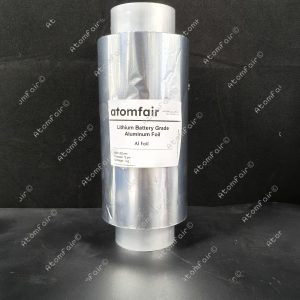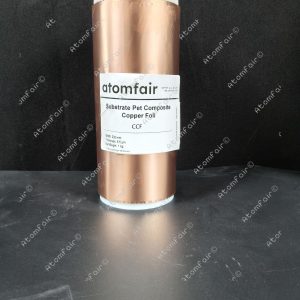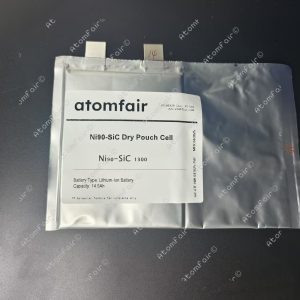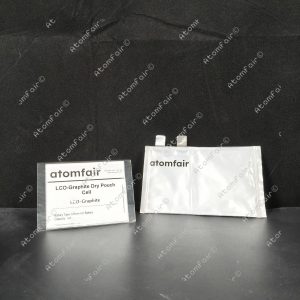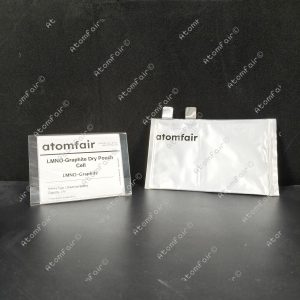Your cart is currently empty!

Atomfair Sulfuric acid, dipropyl ester C6H14O4S
Description Sulfuric acid, dipropyl ester (CAS 598-05-0) , also known as dipropyl sulfate, is a high-purity organic sulfate ester with the molecular formula C6H14O4S . This compound is widely utilized in chemical synthesis and industrial applications due to its role as an alkylating agent. It is supplied as a clear, colorless to pale yellow liquid with a characteristic ester-like odor. Suitable for laboratory and research use, this reagent is rigorously tested for consistency and purity, ensuring optimal performance in specialized reactions. Proper handling under inert conditions is recommended due to its reactivity.
Description
Description
Sulfuric acid, dipropyl ester (CAS 598-05-0), also known as dipropyl sulfate, is a high-purity organic sulfate ester with the molecular formula C6H14O4S. This compound is widely utilized in chemical synthesis and industrial applications due to its role as an alkylating agent. It is supplied as a clear, colorless to pale yellow liquid with a characteristic ester-like odor. Suitable for laboratory and research use, this reagent is rigorously tested for consistency and purity, ensuring optimal performance in specialized reactions. Proper handling under inert conditions is recommended due to its reactivity.
- CAS No: 598-05-0
- Molecular Formula: C6H14O4S
- Molecular Weight: 182.24
- Exact Mass: 182.06128010
- Monoisotopic Mass: 182.06128010
- IUPAC Name: dipropyl sulfate
- SMILES: CCCOS(=O)(=O)OCCC
- Synonyms: Dipropyl sulfate, 598-05-0, Sulfuric acid, dipropyl ester, CCRIS 9256, DTXSID6060503
Application
Dipropyl sulfate is primarily employed as an alkylating agent in organic synthesis, facilitating the introduction of propyl groups into target molecules. It finds applications in the preparation of specialty chemicals, pharmaceuticals, and agrochemical intermediates. Researchers also utilize it in esterification and sulfonation reactions under controlled conditions. Due to its reactivity, it is often handled in anhydrous environments to prevent hydrolysis.
If you are interested or have any questions, please contact us at support@atomfair.com
Related products
-
Atomfair 1 kg/roll Battery Grade Aluminum Foil (200mm W x 12um T) for Battery Electrode Substrate/ Current Collector
$169.95 -
Atomfair 1 kg/roll Battery Grade PET Composite Copper Foil for Battery Anode Substrate/ Current Collector
$529.95 -
Atomfair 14.5 AH Ni90 || SiC Dry Pouch Battery Cell Without Electrolyte Filling
$550.00 -
Atomfair 1AH LCO || Graphite Dry Pouch Cell Lithium Ion Battery
$169.95 -
Atomfair 1AH LMNO || Graphite Dry Pouch Cell Lithium Ion Battery
$189.95
